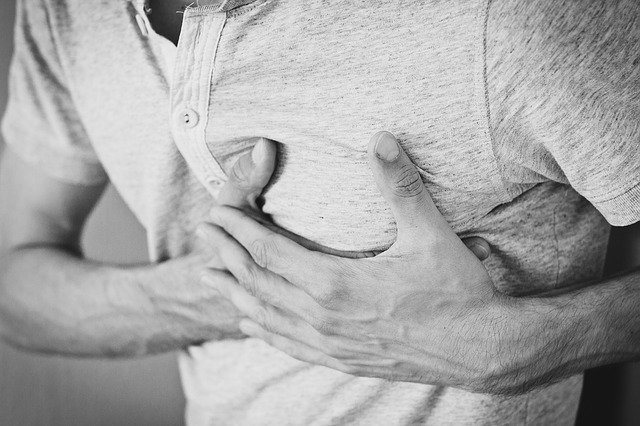
In a new study, researchers found that COVID-19 can have fatal consequences for people with heart disease and cause cardiac injury even in patients without underlying heart conditions.
They found that even in the absence of previous heart disease, the heart muscle can be affected by coronavirus disease.
Overall, injury to the heart muscle can happen in any patient with or without heart disease, but the risk is higher in those who already have heart disease.
The research was conducted by experts at The University of Texas Health Science Center at Houston (UTHealth).
Experts have known that viral illnesses such as COVID-19 can cause respiratory infections that may lead to lung damage and even death in severe cases.
But less is known about the effects on the cardiovascular system.
Research from previous coronavirus and influenza epidemics suggests that viral infections can cause acute coronary syndromes, arrhythmias, and the development of, or exacerbation of, heart failure.
In the study, the team found the case fatality rate of COVID-19 for patients with heart disease was 10.5%.
Data also points to a greater likelihood that individuals over the age of 65 with coronary heart disease or high blood pressure can contract the illness, as well as experience more severe symptoms that will require critical care.
According to the team, critical cases are those that reported respiratory failure, septic shock, and/or multiple organ dysfunction or failure that resulted in death.
It is reasonable to expect that strong heart complications linked to COVID-19 will occur in severely symptomatic patients because of the high inflammatory response associated with this illness.
The three most common symptoms of COVID-19 include fever, cough, and shortness of breath. Other less common symptoms are muscle pain, sore throat, nasal congestion, and headache.
Symptoms can appear as soon as two days after exposure to the virus to up to14 days after. There is a high viral load in both symptomatic and asymptomatic patients, meaning the asymptomatic spread between person to person is likely.
The lead author of the study is Mohammad Madjid, MD, MS, an assistant professor of cardiology at McGovern Medical School at UTHealth.
The study is published in JAMA Cardiology.
Copyright © 2020 Knowridge Science Report. All rights reserved.



